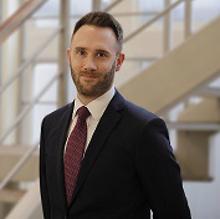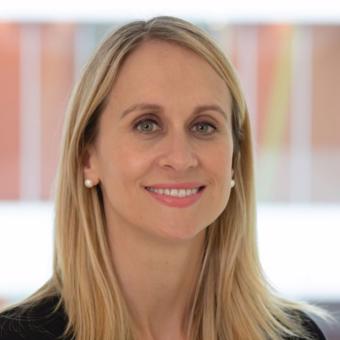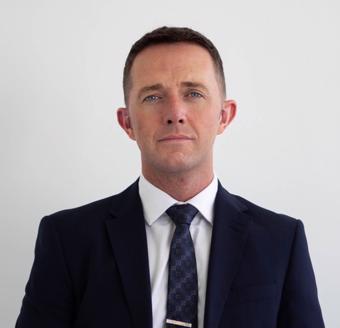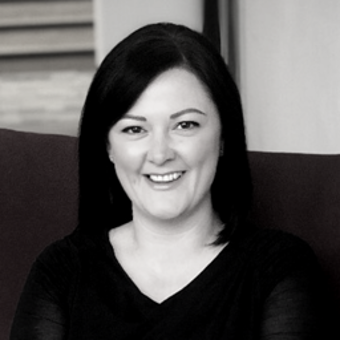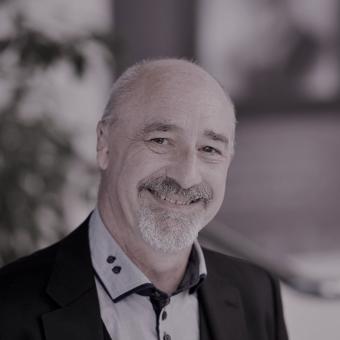We chat to Emms Gilmore Liberson’s Jon Start
Jon, can you please tell us a bit about your career and current role at EGL?
I studied for my LLB at Keele University and completed the LPC at the College of Law (now University of Law) in Birmingham. Having trained and spent my early post qualification career at two well-known regional firms, I joined EGL in January 2015. I became an Associate Director in 2018, and I am one of eight members of a growing Corporate Team. I specialise in advising on mergers and acquisitions but also deal with joint ventures and shareholders’ arrangements, corporate reorganisations and banking and finance matters. On a day-to-day basis I take an active role in managing junior members of the team.
What kinds of clients do you work with and where?
Although we have a diverse range of clients, our team - and the firm as a whole - is predominantly geared towards advising small and medium-sized enterprises and owner managed businesses, as well as their owners. This is a sphere which can often be neglected, but is one which we are well placed to service as a result of our fields of expertise, depth of experience and teams that work very closely with one another.
Whilst our Corporate Team is sector agnostic, there are several areas in which we regularly operate, which include manufacturing, IT and technology – software, in particular, healthcare, professional services and property. Being a single office firm based in Birmingham, a large part of our client base is Midlands-centred. However, we have a significant and growing number of clients in London and across the whole of the UK. We also have a number of substantial international clients in France, Germany, Denmark, Gibraltar and further afield.
What do you think are the biggest challenges facing the corporate sector?
At the risk of side-stepping the most obvious answer to the question, my view is that the biggest challenge we presently face is human resource. The employment marketplace is a fiercely competitive one, particularly in the corporate space. Finding people with the right experience and the right attitude/values is a major challenge but also a huge priority for us as a team and for the sector as a whole.
And on the flip side what are the opportunities?
Technology. It will, over the next few years, transform the way in which we deliver legal services to our clients. That will affect everything from straight forward property transactions to complex multi-million pound M&A transactions. Some see this as a threat, particularly to any role which involves a process (which most do in some way, shape or form), but it also presents an opportunity to make the delivery of legal services far more efficient and accurate. It means that the real value will be the advice and not the process, which actually presents an opportunity for those firms which focus on advisory work, both legal and commercial, as we do.
What has been the most rewarding - or most high profile - deal that you’ve been involved in?
In 2017, we were instructed to advise on a substantial eight figure acquisition for an international private equity fund making its first acquisition in the UK. It was one of the biggest transactions I had taken the lead on at the time. In addition, there was a slight caveat to the instruction, owing to there being several other bidders, which was that the buyer had agreed to complete the transaction, including a full due diligence and negotiation of all of the transaction documents, within four weeks. This had been a key factor in making our client the preferred bidder. In reality, by the time terms of engagement had been agreed (and AML checks on a new international client had been completed!), four weeks became three weeks, including two bank holidays, which seemed like a tall order. Nevertheless, our team managed to complete the project successfully within the timetable, which led to a very satisfied client that has continued to instruct us.
In your view, what sets EGL apart from other law firms?
In one word: Culture. Many law firms claim to have a culture where people are valued but few actually live that out. I think that is what makes EGL different. Its compassion towards people, both internally and externally, not only forms part of the firm’s values statement, but is actually embedded in the culture. This is demonstrated through our attitude towards work/life balance and flexible working, and the existence of a supportive and enjoyable working environment, but also through our approach to client service.
Where would you like the firm’s corporate department to be in five years’ time?
Having only been founded as a firm in 2011, we have made great strides over the past few years in establishing our team, and the firm as a whole, in the marketplace as a genuine alternative to some of the more traditional mid-tier options. However, there is still work to do in growing the profile of the firm, broadening our service offering and increasing further the strength and depth of our team. I hope and expect that in five years there will have been another step change in each of those areas, and that we will have become a preferred supplier to many more clients across the region and beyond.
Who has been the biggest influence on your career?
That’s a very difficult question to answer. Perhaps, similar to most, a number of people have at different times in my career had a significant impact. During my studies and training, David Faulkner, a well-known employment lawyer in Birmingham, was very influential. I did my first vacation placement with him at what was then Martineau Johnson, and he became and remains a valuable sounding board, mentor and friend. In more recent years, I can’t fail to mention Martyn Morgan, Mary Mocklow and Stephen Gilmore, each of whom I have worked with and each of whom has in some way informed the type of lawyer that I strive to be.
If you weren’t a lawyer, what would you do and why?
I’d like to think I’d be a pilot. As a child, that was always what I wanted to be.
What five words best sum you up as a lawyer?
Honest. Approachable. Commercial. Diligent. Committed.
Finally, how do you like to switch off at the end of the day?
That depends on the kind of day it’s been. But I would say it’s most often a decent glass of red or a game of football.
